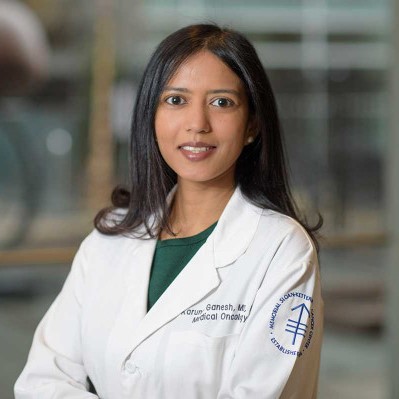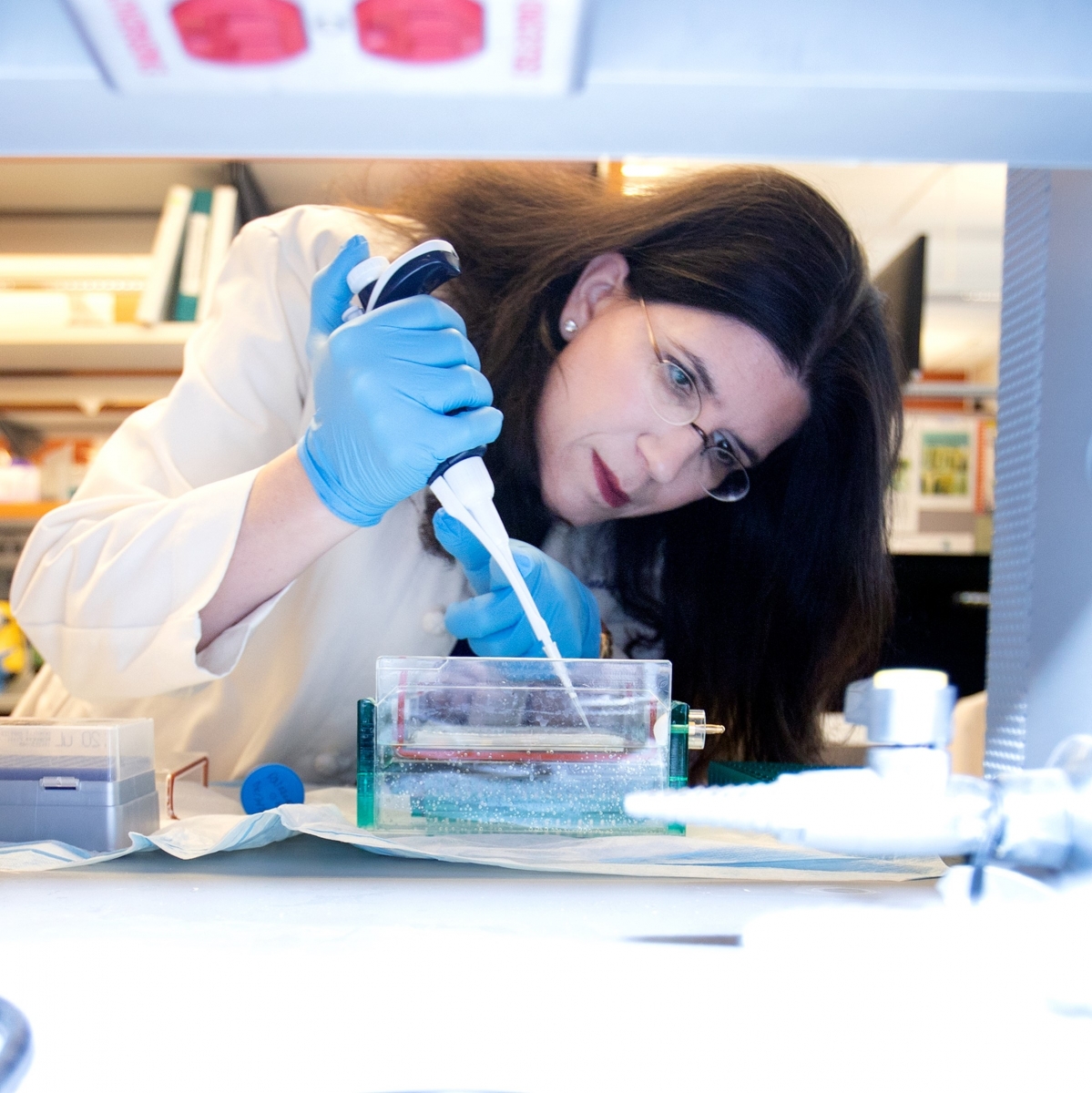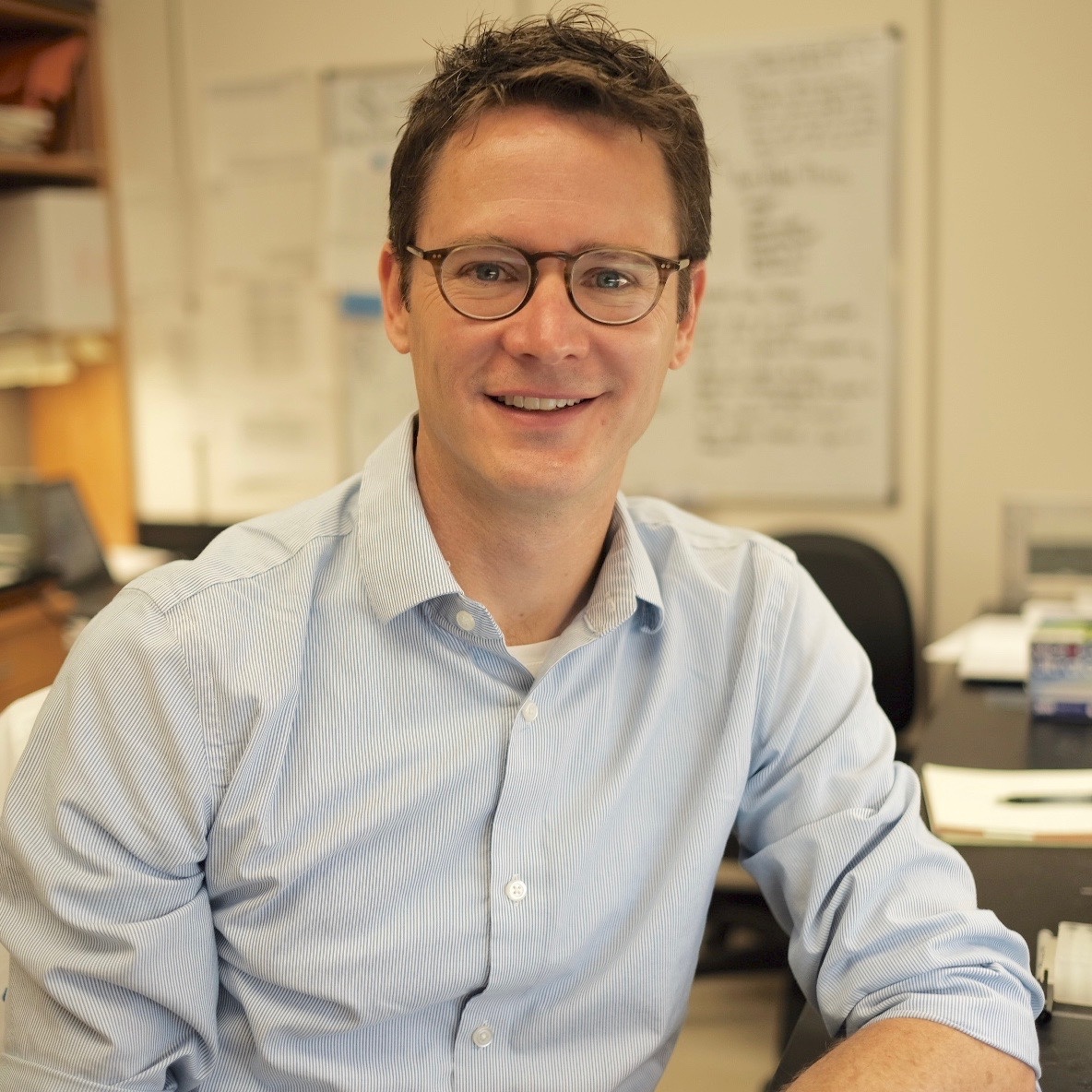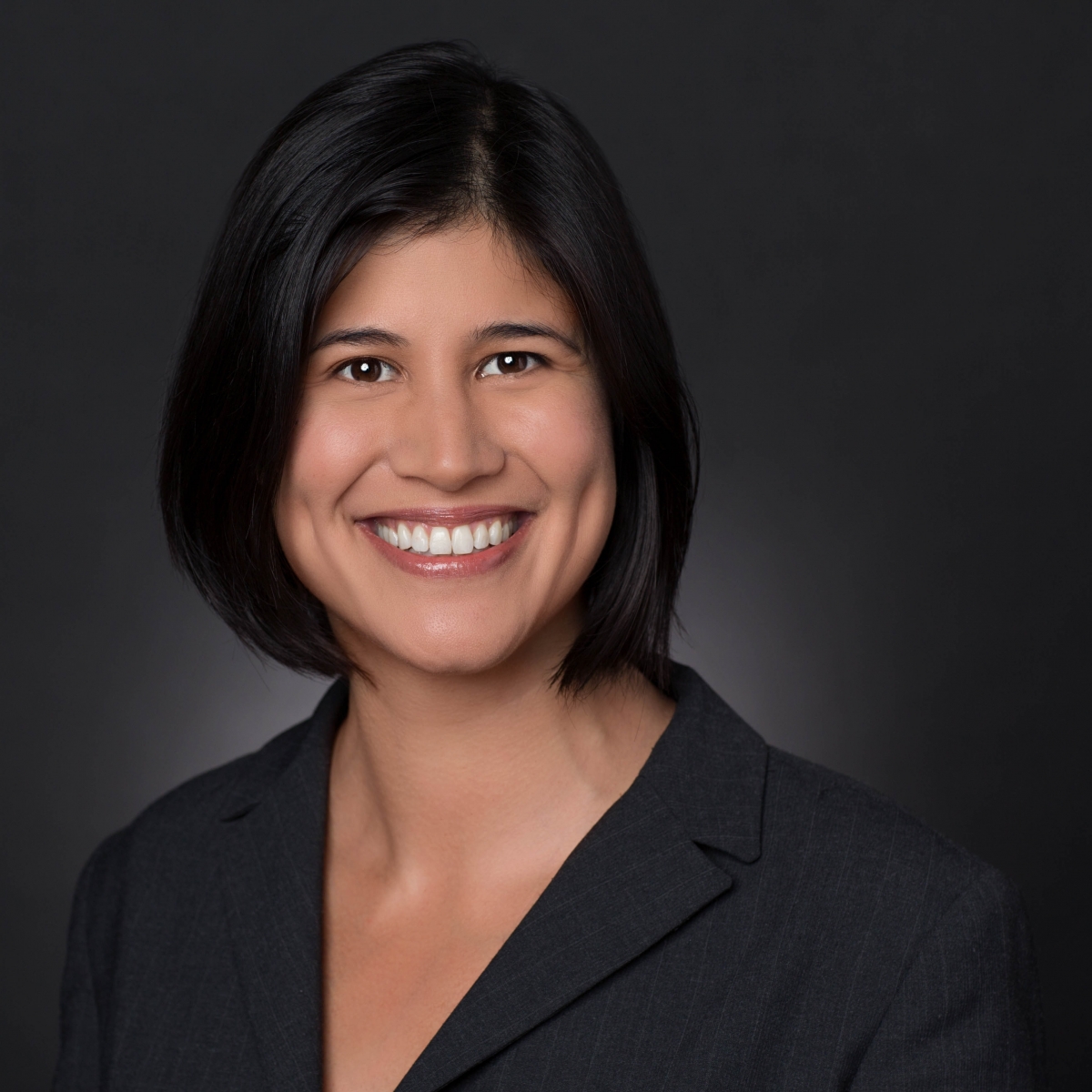Damon Runyon Cancer Research Foundation Awards $5M to 10 Top Young Clinical Investigators
The Damon Runyon Cancer Research Foundation named five new Damon Runyon Clinical Investigators at its spring 2019 Clinical Investigator Award Committee review. The recipients of this prestigious three-year award are outstanding early career physician-scientists conducting patient-oriented cancer research at major research centers under the mentorship of the nation’s leading scientists and clinicians. Each will receive $600,000 to support the development of his/her project, selected for its potential to impact cancer diagnosis, prevention and treatment. Damon Runyon also repays medical school debt up to $100,000 still owed by the awardee.
The Foundation awarded Continuation Grants to five Damon Runyon Clinical Investigators. Each award will provide an additional two years of funding totaling $400,000. The Continuation Grant is designed to support Clinical Investigators who are approaching the end of their original awards and need extra time and funding to complete a promising avenue of research or initiate/continue a clinical trial. This program is possible through the generous support of the William K. Bowes, Jr. Foundation.
This year, Damon Runyon implemented a 33% increase in funding to better support these early career physician-scientists conducting patient-oriented cancer research that is vital to finding cures. “The quality of research proposed by our new Clinical Investigators is exceptionally strong. We are thrilled to be funding brave and bold scientists who are taking risks to experimentally address the most important questions in cancer research,” says Yung S. Lie, PhD, Damon Runyon President and Chief Executive Officer. “We are helping to launch the careers of tomorrow’s brightest cancer researchers.”
The Clinical Investigator Award program is specifically intended to help address the shortage of physicians capable of translating scientific discovery into new breakthroughs for cancer patients.Through partnerships with industry sponsors and its Accelerating Cancer Cures initiative, the Damon Runyon Cancer Research Foundation has committed nearly $69 million to support the careers of 104 physician-scientists across the United States since 2000.
2019 Damon Runyon Clinical Investigators
 Karuna Ganesh, MD, PhD
Karuna Ganesh, MD, PhD
Over 90% of cancer deaths are caused by metastasis, the spread of cancer cells to distant organs, where uncontrolled cancer cell growth lethally compromises organ function. Despite recent advances, current treatments fail to effectively control metastasis. Dr. Ganesh is growing colorectal cancer cells, removed from patients during surgery, as three-dimensional “organoids.” This cutting-edge technology models the complexity of human organs more accurately than cells growing in a dish. Using colorectal cancer organoids, her group is studying how cancer cells gain the ability to spread and grow outside their organ of origin. Her work is uncovering core signaling modules required for metastasis, with the goal of developing more effective treatments for patients with advanced cancers. Dr. Ganesh works under the mentorship of Joan Massague, PhD, at Memorial Sloan Kettering Cancer Center, New York.
 Jennifer M. Kalish, MD, PhD
Jennifer M. Kalish, MD, PhD
Dr. Kalish is studying a rare hereditary syndrome called Beckwith-Wiedemann syndrome (BWS), which increases the risk of children developing kidney and liver cancers. These individuals have epigenetic changes on chromosome 11 that are found in other types of cancers. Epigenetic markers modify DNA so gene expression is turned on or off; changes in this process can cause cancer. By understanding how cancer is triggered in BWS, Dr. Kalish aims to identify pathways that can be targeted for the development of new treatments both for BWS patients and for others with cancers that have similar epigenetic changes. As a physician-scientist, Dr. Kalish established the BWS Registry, which compiles both clinical data and patient samples, and created the first human cell-based models of BWS. Dr. Kalish works under the mentorship of Marisa Bartolomei, PhD, at Children’s Hospital of Philadelphia, Philadelphia.
 David G. McFadden, MD, PhD
David G. McFadden, MD, PhD
Mitochondria, the “power plants” of the cell, carry their own DNA that encodes proteins important to producing the energy necessary to run a normal cell. Most cancers also depend on mitochondria to promote the growth and division of tumor cells. Dr. McFadden has shown that a form of thyroid cancer called Hürthle cell carcinoma carries mutations in the mitochondrial DNA, which are maintained in primary tumors and metastases resected from the same patients. He will study energy metabolism in Hürthle cell cancers by feeding the tumors isotope forms of nutrients (tracers) that are used to produce energy and support cell growth. The tracers can be visualized to reveal how metabolism is re-wired in these tumors and to identify novel ways to target altered mitochondrial metabolism in cancers with such genetic mutations. Dr. McFadden works under the mentorship of Steven McKnight, PhD, and Ralph DeBerardinis, MD, PhD, at the University of Texas Southwestern, Dallas.
Matthew G. Oser, MD, PhD
Although small cell lung cancer (SCLC) is initially highly responsive to chemotherapy, the disease recurs in nearly all patients in less than a year. There are currently no approved targeted therapies for when the cancer returns. Previous studies have demonstrated that SCLCs require sustained neuroendocrine differentiation for survival, suggesting that targeting this process could be a good therapeutic strategy. Dr. Oser will use SCLC patient-derived xenograft models and a novel SCLC genetically engineered mouse model to identify new enzymes required for neuroendocrine differentiation and to develop targeted therapies that can block this process. He aims to identify molecular targets that could be developed into new lasting therapies for SCLC patients. Dr. Oser works under the mentorship of William G. Kaelin Jr., MD, at the Dana-Farber Cancer Institute, Boston.
 Kavita Y. Sarin, MD, PhD
Kavita Y. Sarin, MD, PhD
Basal cell cancer (BCC) is the most common cancer in the United States with 2 million cases annually resulting in $5 billion in societal cost. Although the majority of BCCs are small and surgically accessible, some individuals develop frequent recurrences of BCC and suffer from severe disability related to surgery and decreased quality of life. Dr. Sarin will focus on a group of 100 patients who develop extreme numbers of this skin cancer, in order to identify the genetic mechanisms that contribute to cancer susceptibility. While most BCCs are thought to develop from DNA damage caused by the sun’s ultraviolet rays, a patient’s genetics also play a critical role in disease progression. Understanding the mechanisms that contribute to cancer susceptibility will help identify at-risk individuals, so they can be monitored for earlier diagnosis and prevention. She also aims to develop new non-surgical therapies for these patients. Dr. Sarin works under the mentorship of Jean Y. Tang, MD, PhD, at Stanford University, Stanford.
In addition, the Committee recommended funding 5 Continuation Grants:
Vivek K. Arora, MD, PhD
“Defining a targetable oncogenic dyad in bladder cancer” with mentor Lee Ratner, MD, PhD, at Washington University in St. Louis
Christopher E. Barbieri, MD, PhD
“Subtype-specific modes of clinical and molecular progression in prostate cancer” with mentor Lewis C. Cantley, PhD, at Weill Cornell Medicine, New York
Jaehyuk Choi, MD, PhD
"Development of novel therapeutic strategies for aggressive CTCL subtypes" with mentors Stephen D. Miller, PhD, and Joan Guitart, MD, at Northwestern University, Chicago
Geoffrey R. Oxnard, MD
“Clinical translation of plasma cell-free DNA (cfDNA) genotyping technologies for NSCLC care” with mentor Pasi A. Janne, MD, PhD, at Dana-Farber Cancer Institute, Boston
Heather L. Yeo, MD, MHS
"Use of mobile applications to evaluate post surgical recovery in aging patients with GI cancer” with mentors Manish A. Shah, MD, and Deborah Estrin, PhD, MS, at Weill Cornell Medicine, New York
